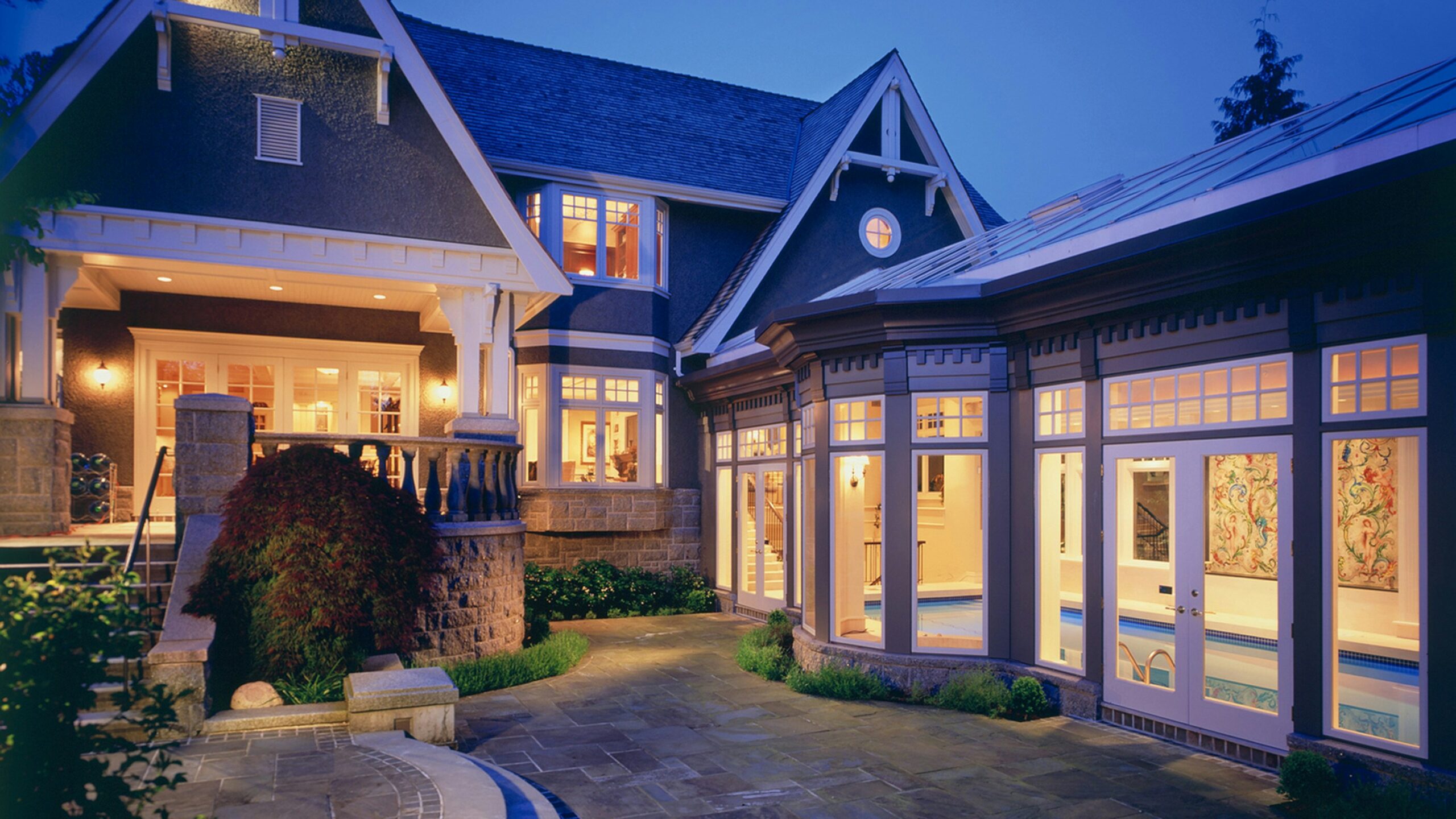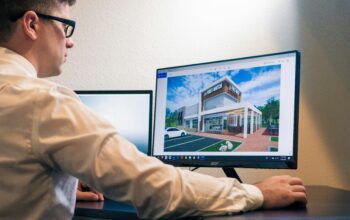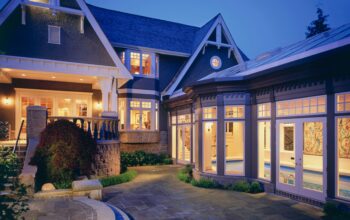Uzone.id – Technology is fast advancing and the advances are reflected in most aspects of life among them the architectural design of buildings and interior design. One trend that is quite popular today is the use of smart technology or Smart Homes in today’s structures for construction. Smart home not only promise improved comfort, effectiveness and safety for people who live in the house but also provide an answer to modern challenges.
Another question that needs to be answered is: What is a Smart Home? A smart house is a dwelling that contains a range of devices and home systems and that is designed such that its components are linked and can be managed by using smart technology based on the home owner’s smart handheld device such as a smartphone or tablet. Such devices can comprise lighting, functional thermostats, safety devices, and home use electrical appliances.
“Architecture is not just a building, but also a story told through space. With smart technology, we can create a more interactive and personal story for the occupants of a building,” said Bjarke Ingels, founder of Bjarke Ingels Group.
The incorporation of smart technology in contemporary constructions yields numerous benefits, one of which is that it can offer comfort, as numerous alterations in the house like temperature, lighting, and entertainment system can easily be controlled either via a touch button or voice commands thus enabling occupants to get even more comfort.
This is true because the use of a smart home system also minimizes the energy consumption due to the rationality it brings. The consumption of energy can be managed well if the intelligent sensors and control systems are applied on the right measures. For instance, light moves off when the room is inactive or the thermostat changes the degree of the room based on the activities in the room.
Smart homes also make their residents more comfortable since it is possible to install house security systems that should allow real time monitoring of the house and send notifications in case of unusual activities. On the flip side, users can also supervise and manage the house through a smartphone application which is installed on the android package.
For instance, one of the uses of advanced smart home technology in current structures can be realized under smart lighting. Thus, the LED lights which can be controlled with the intensity and color or by means of voice and automatic functions.
Another application of the heating and cooling system is; smart home users can decide the temperature of the room to increase or decrease at a certain time or based on the temperature sensor. And then from the smart security system side of things, we have the CCTV cameras, motion sensors, alarms, all of which are linked with Smartphone apps.
Smart home system users can also benefit from smart devices like Amazon Alexa or Google Assistant for controlling all the devices in home using voice.
“Technology has changed the way we live and work. Architecture must respond to this change by creating flexible and adaptive spaces,” said Rem Koolhas, founder of the Office for Metropolitan Architecture (OMA).
While smart technology has been adopted to enhance the conventional designs of contemporary buildings it possesses some drawbacks which include quite considerate prices for installation and maintenance. Nonetheless, consumer protection can be a problem when it comes to cyber security since the smart home system can be breached; therefore, it requires constant care. Also, there is the issue of Interoperability in which not all smart home devices can work with one another but it is required to select the proper device.
Smart technology is one of the trends of modern building design, which has a great deal of opportunities in enhancing the quality of people’s lives. However, there are still one or two issues that have to be dealt with, therefore, with the right planning strategies and the right technology there is hope for smart homes.













